
Add Your Heading Text Here
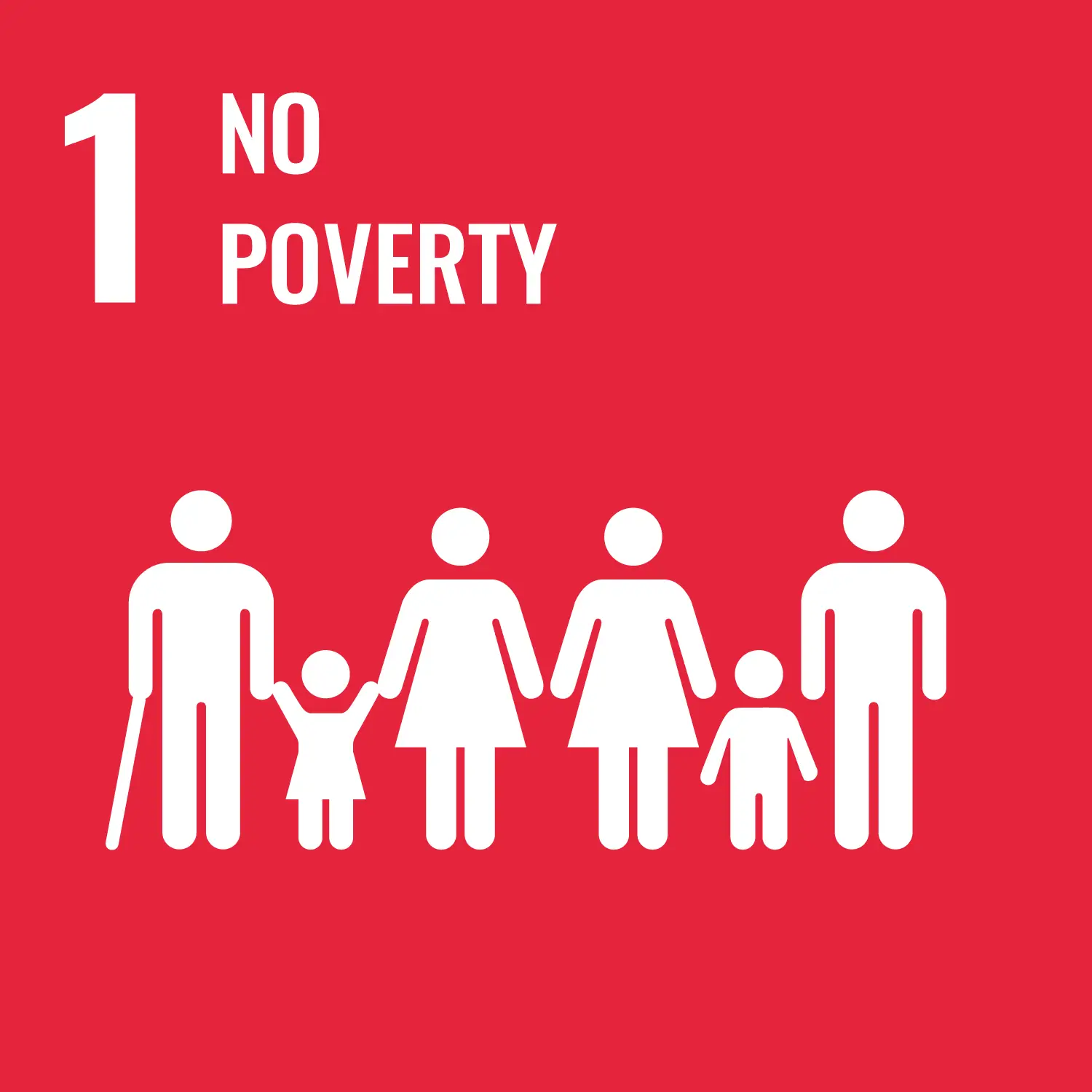
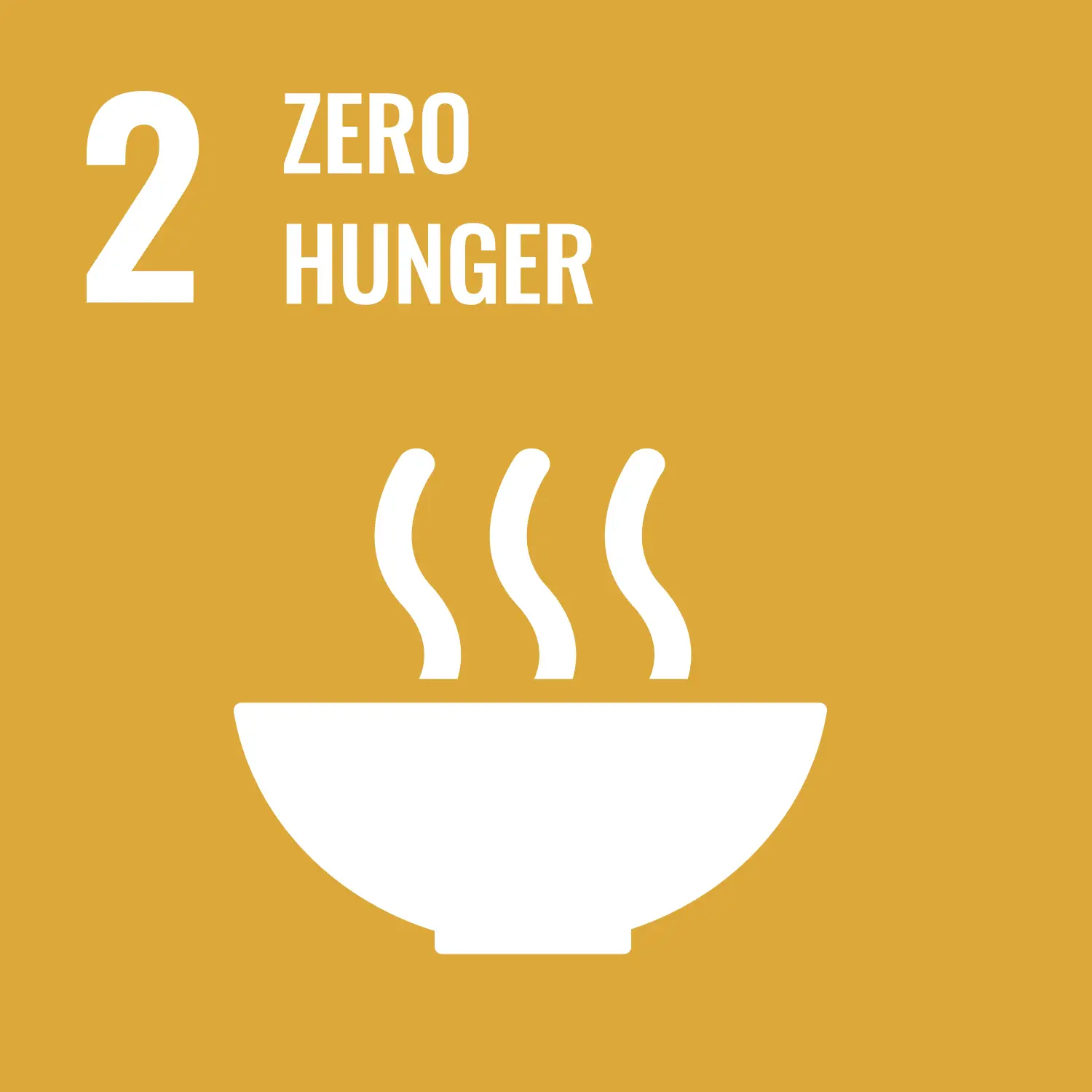
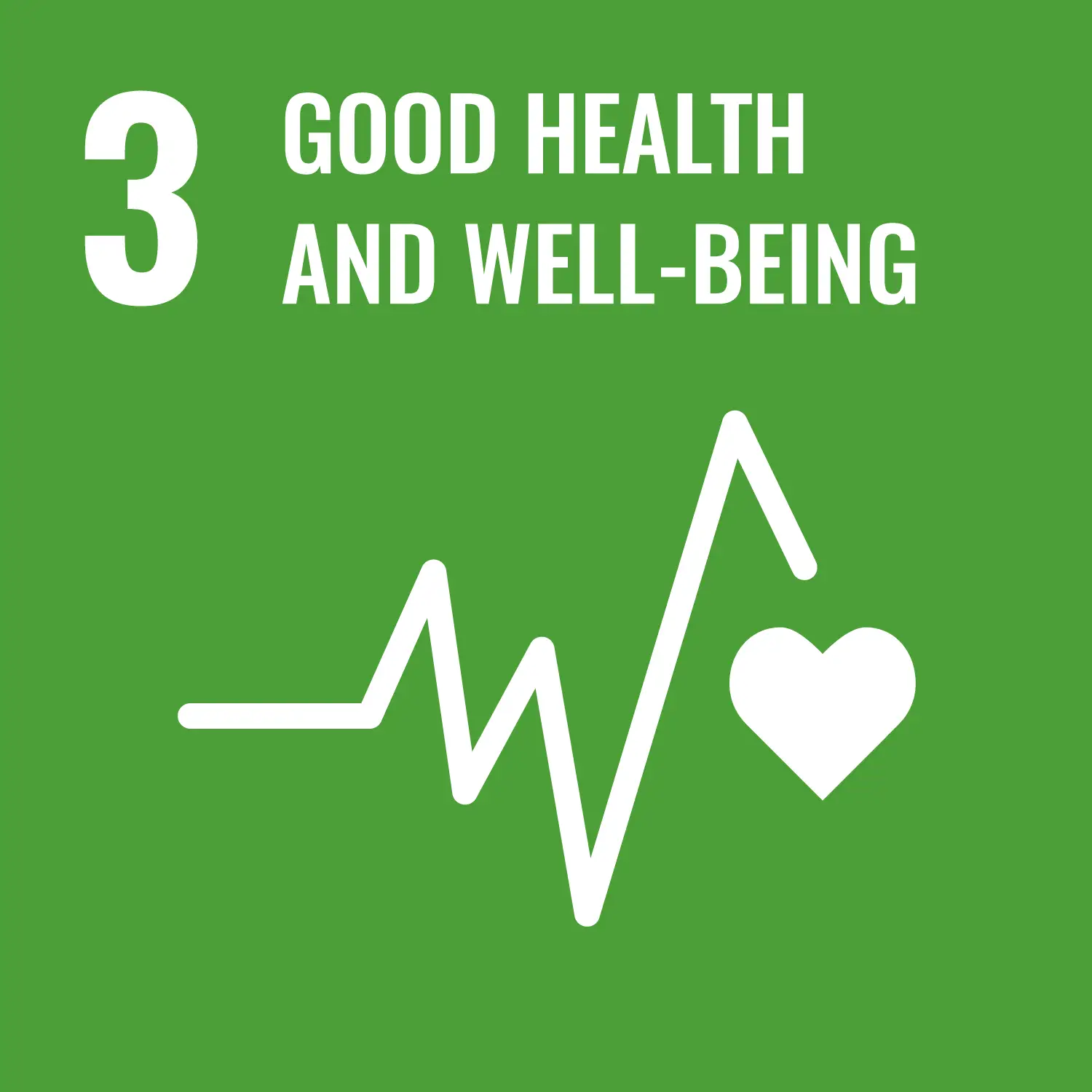
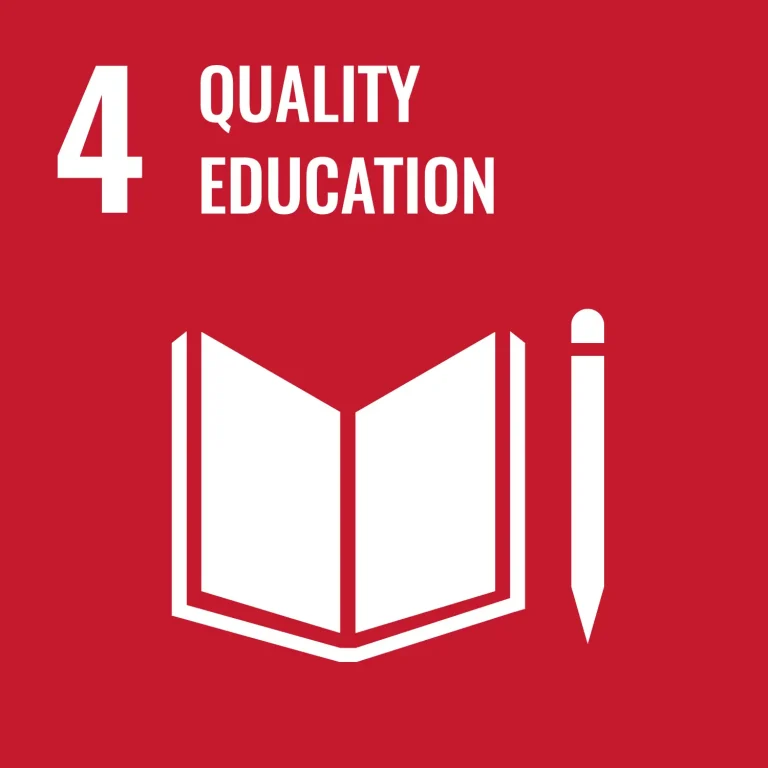
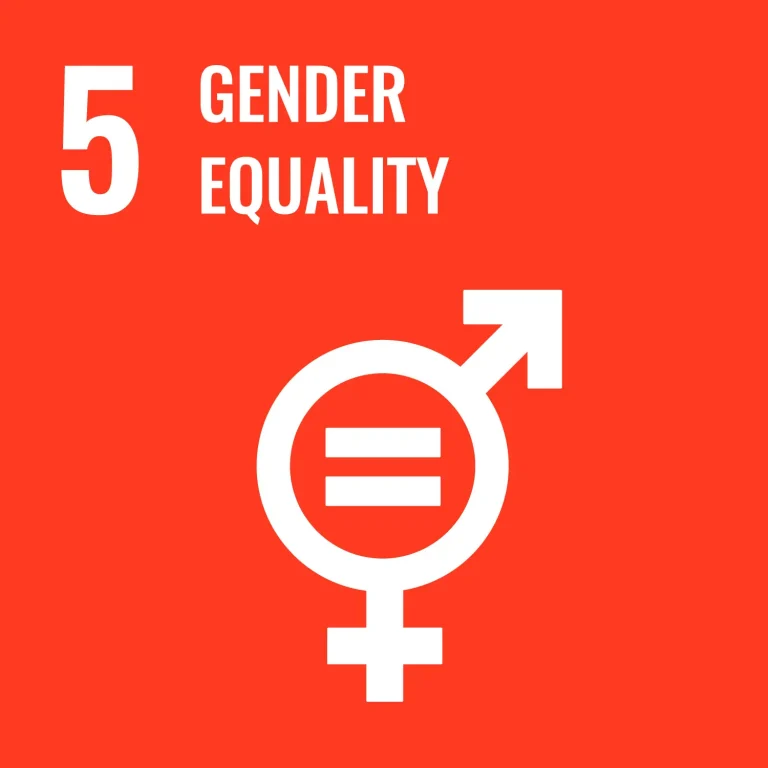
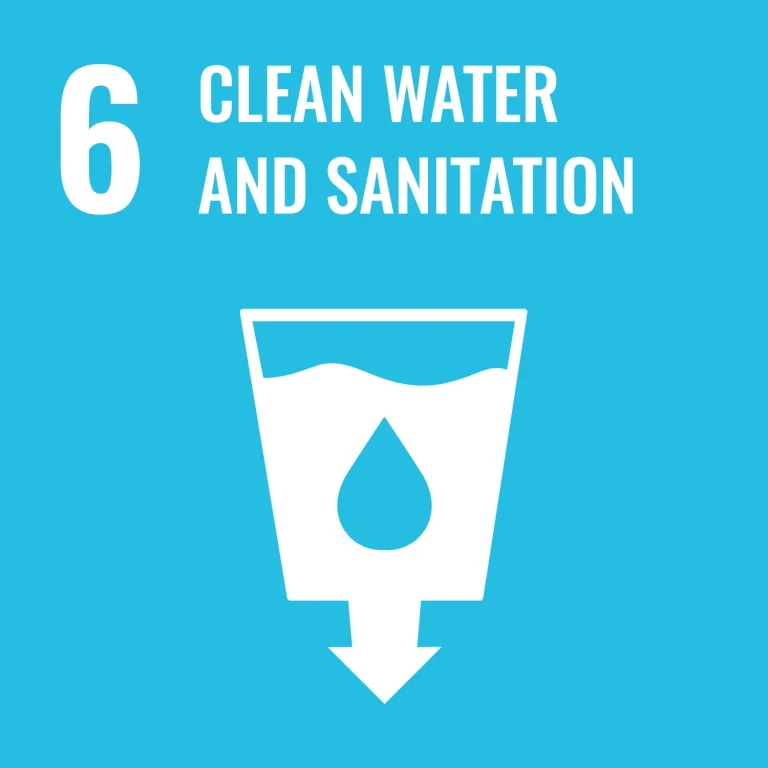
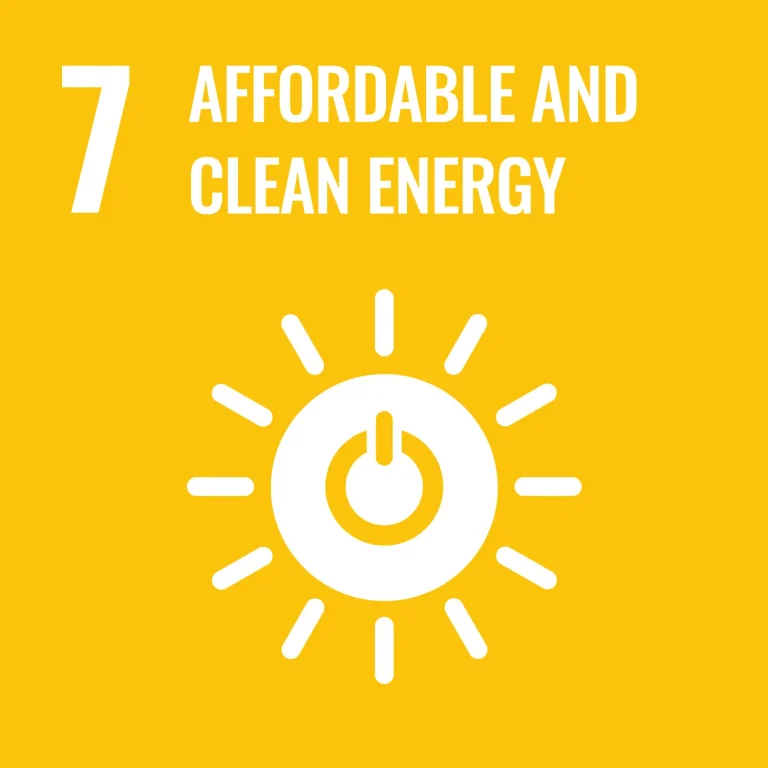
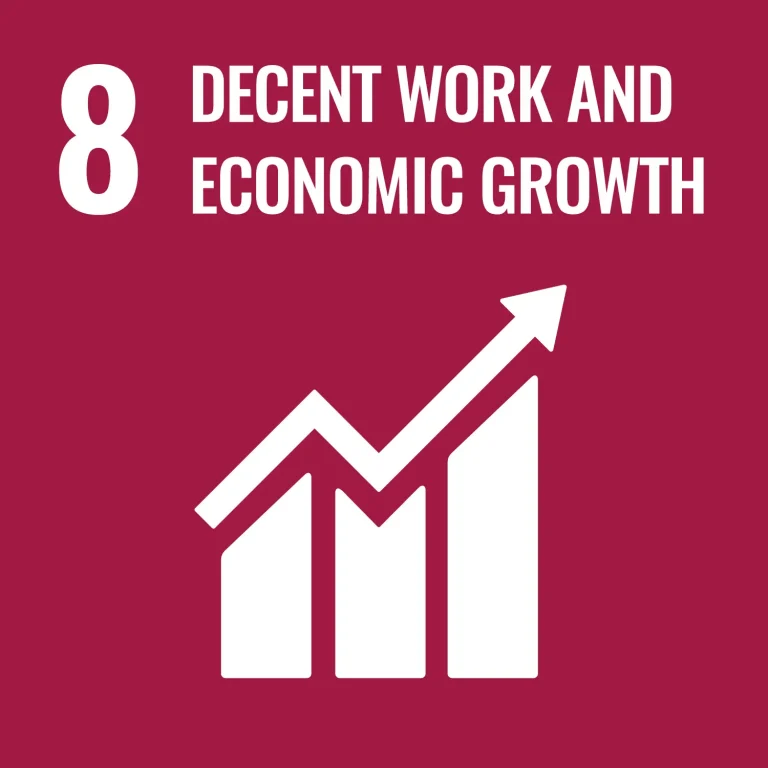
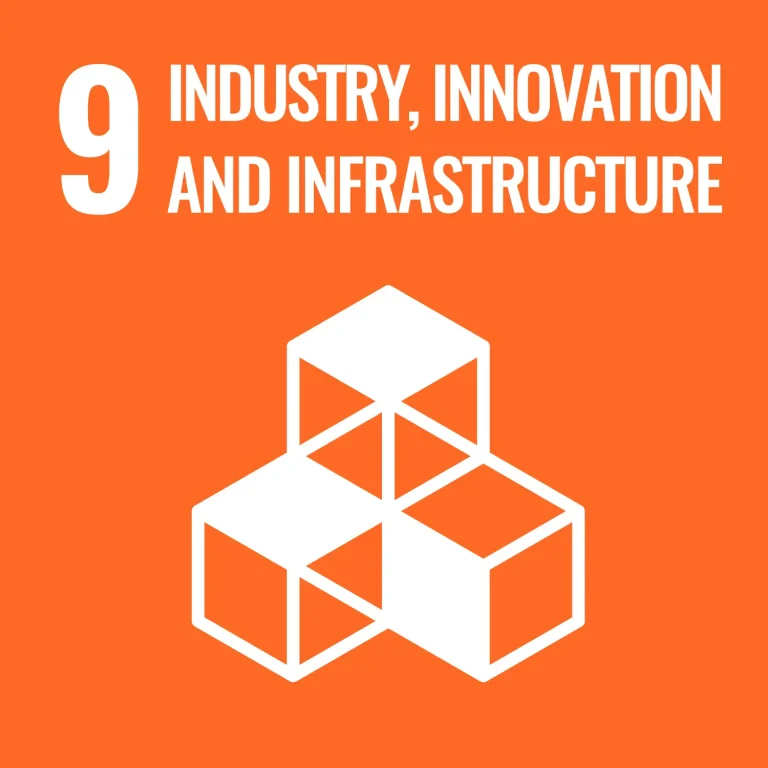
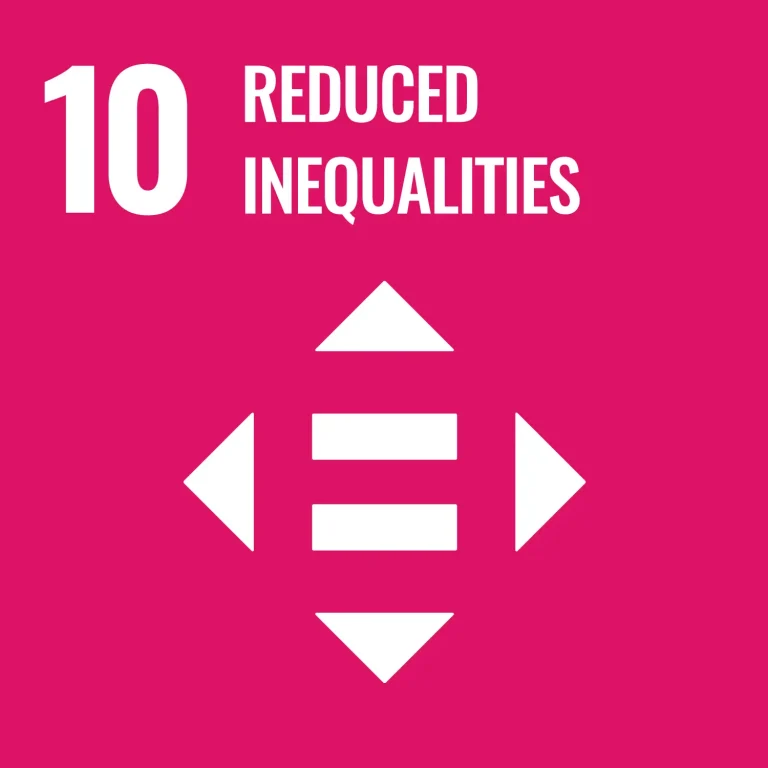
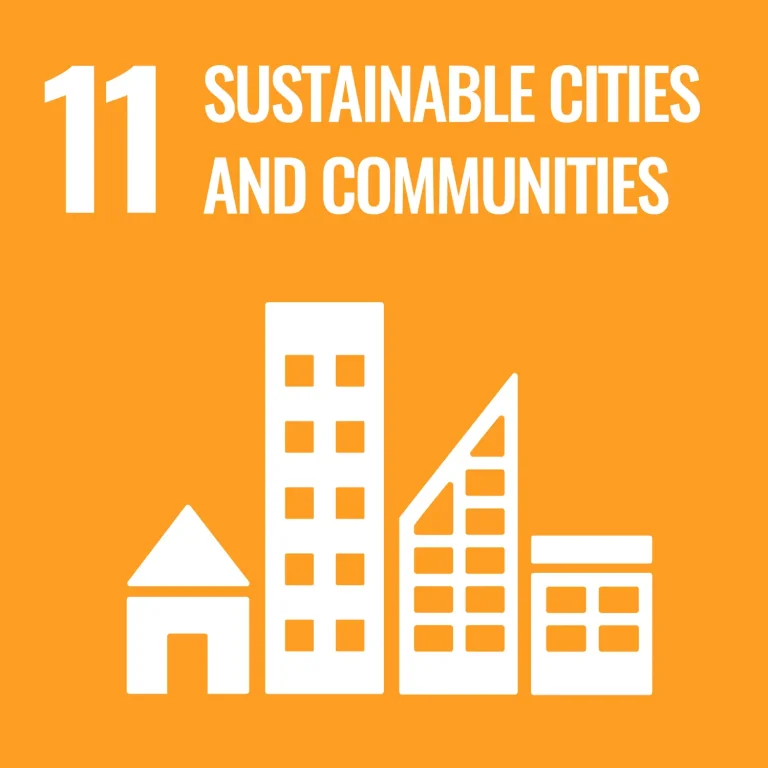
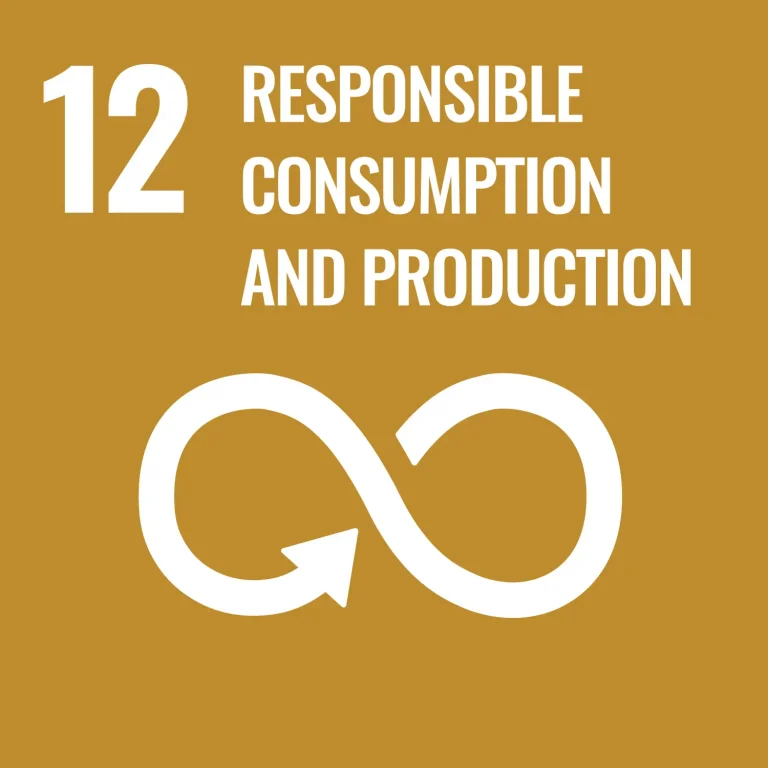
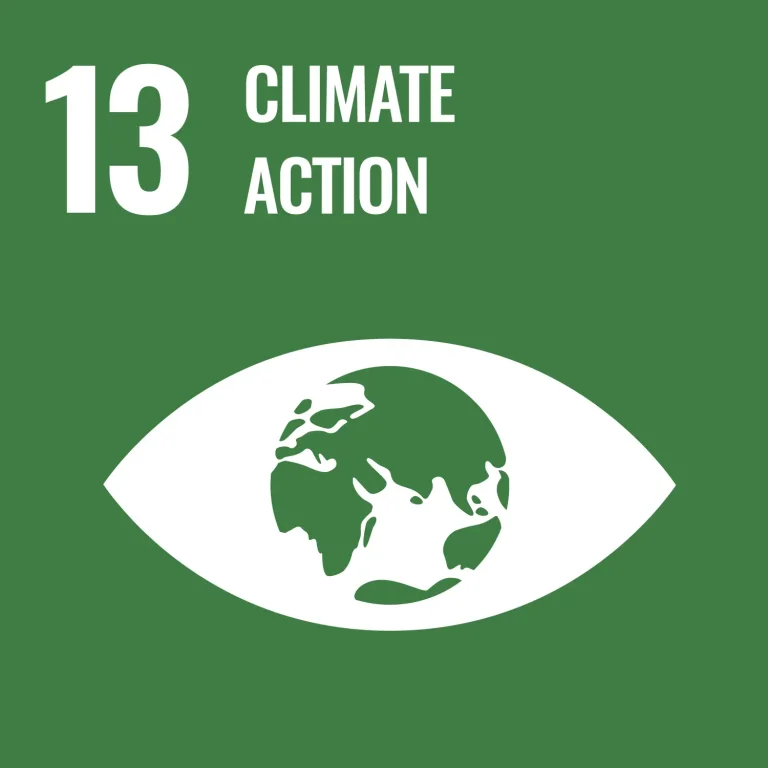
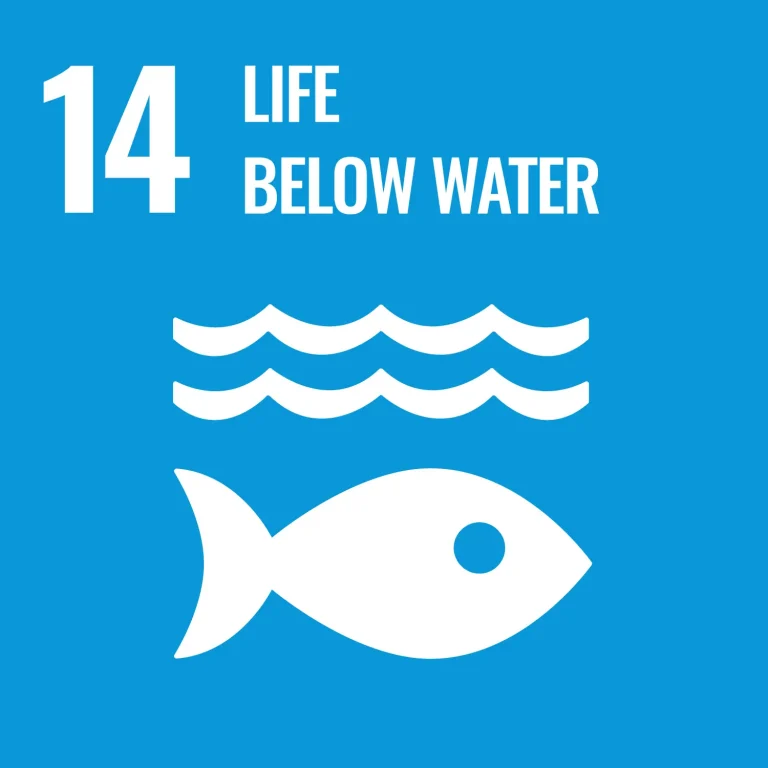
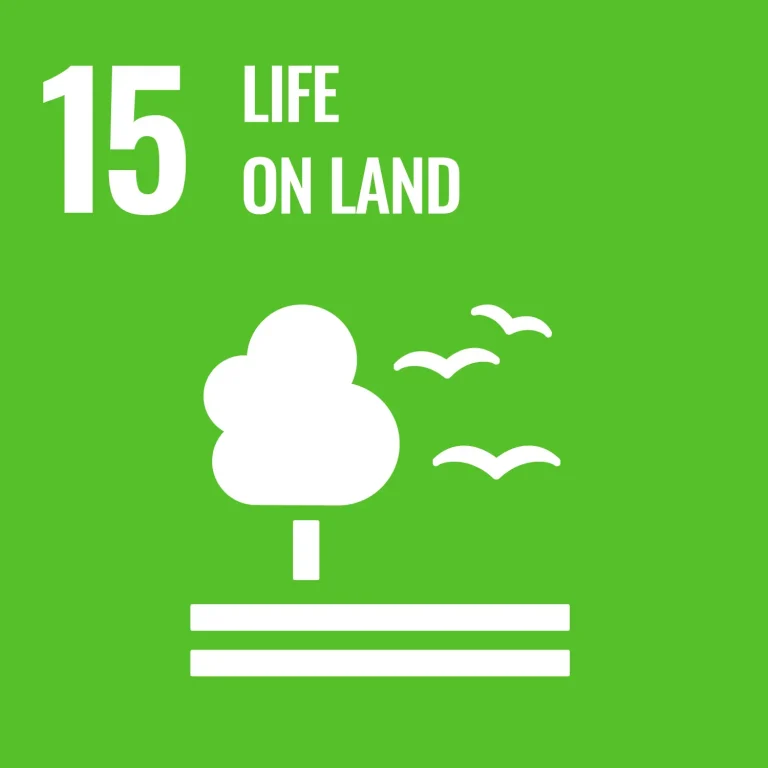
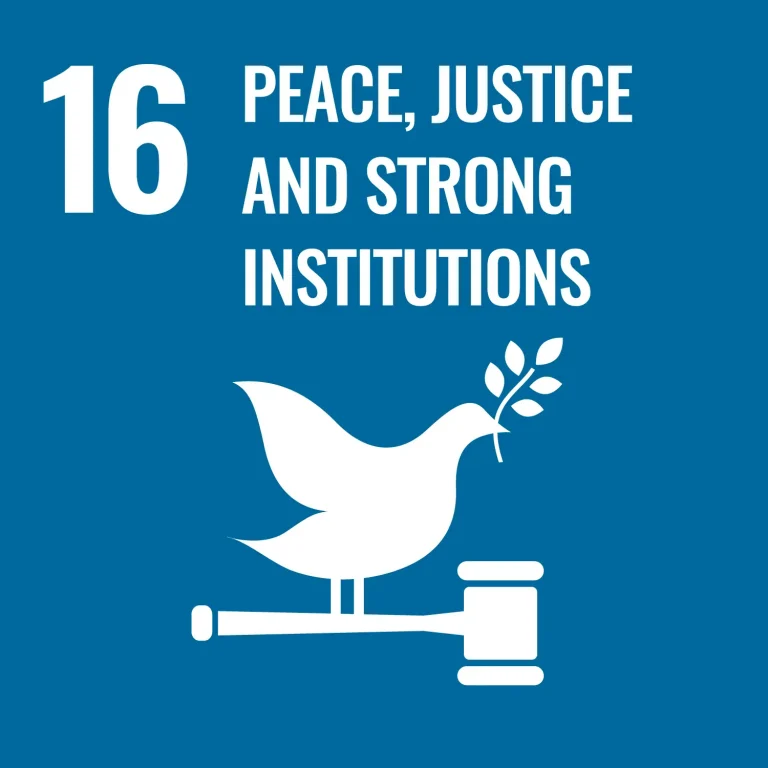
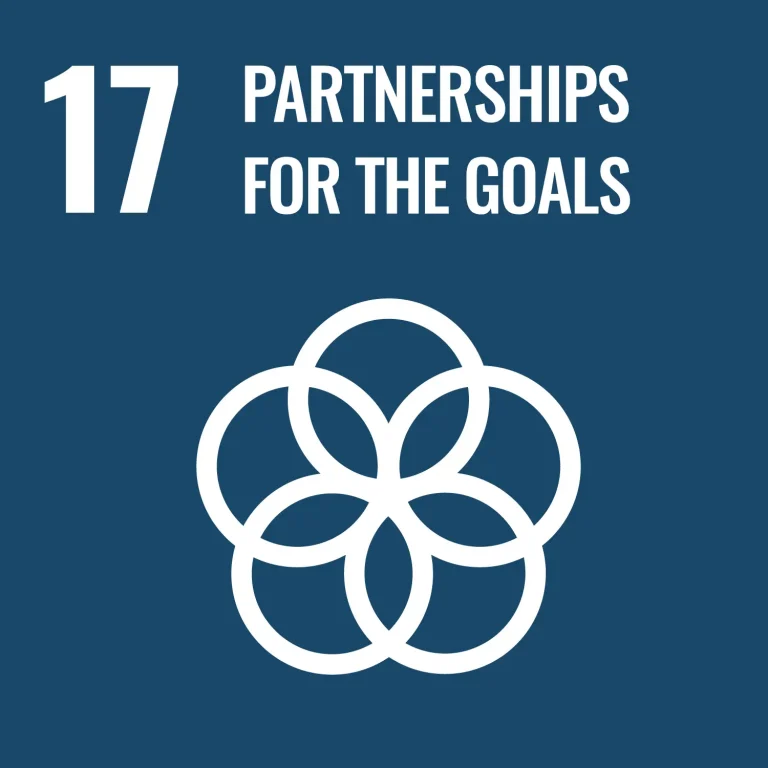
Wastewater
For context, the University of Haifa operates in accordance with applicable Israeli legislation and policy.
Wastewater management is primarily regulated by the Ministry of Health.
For Instance:
In line with the above policy, University of Haifa is actively perusing the following:
Goals
Activities Perused, Action Items
Separation of hazardous waste from wastewater
- Hazardous waste exists in laboratories only and is managed according to an appropriate protocol (Reference – Laboratory Waste Handling – internal procedure).
Periodic Wastewater sampling &
monitoring
- Campus main wastewater outlet is regularly sampled by the appropriate utility company. Non-conforming sample results are reported by the utility and investigated by the University. (Reference – Wastewater outlet sample lab result, as received from utility company).
Gray Water, Water re-use
- Israeli regulations strongly favor central water treatment plants. Over 80% of wastewater is reclaimed. Therefore, in accordance with the governmental policy, no gray water processing takes place within the campus. References:
Water Supply System
For context, the University of Haifa operates in accordance with applicable Israeli legislation and policy.
All Water Supply is from the national & local network, via local utility company. No independent water
sources are available.
Water Supply Management is regulated mainly by the Ministry of Health. See:
In line with the above policy, University of Haifa is actively perusing the following:
Goals
Activities Perused, Action Items
Design criteria
- Water Supply systems design fully complies with Israeli legislation
Reverse Flow prevention
- Reverse Flow prevention / precautions are incorporated as part of the water supply piping to laboratories and similar sensitive end users.
- Reverse Flow prevention devices are examined regularly and reported to the Ministry of Health.
Periodic water quality tests (including
legionella)
- Water quality is periodically sampled and tested, as per regulations
(Reference – Water quality tests – Government guidelines & internal
procedures).
Water tank disinfection & cleaning
- Water tank disinfection & cleaning are periodically performed, as per regulations (Reference – Water tank disinfection & cleaning – Government guidelines & internal procedures).
Minimize water waste
- All sinks have “economizers”, in order to reduce water flow (Reference – Sink water economizer –internal document).
- All toilets have a “dual flush size” system.
- All men’s urinators are motion controlled. No continuous flush systems or periodic flush systems exist. (Reference – This document).
- Water consumption is monitored on going per building, abnormalities are detected and leaks repaired (Reference – example of weekend water
consumption survey). - Water- conscious planting: plants are selected according to a list to suit local climate (minimize water demand) (Reference – Agronomic landscape and gardening guidelines & report).
- Irrigation systems are drip irrigation & computer controlled, to insure optimal irrigation performance and minimal water waste (Reference – Agronomic landscape and gardening guidelines & report).

